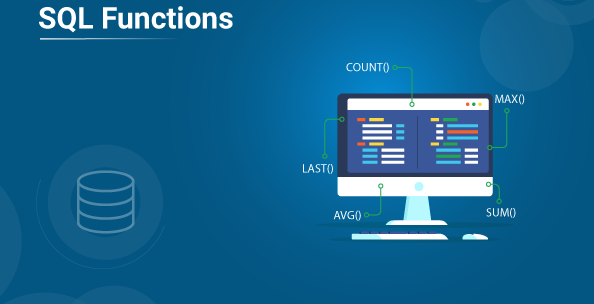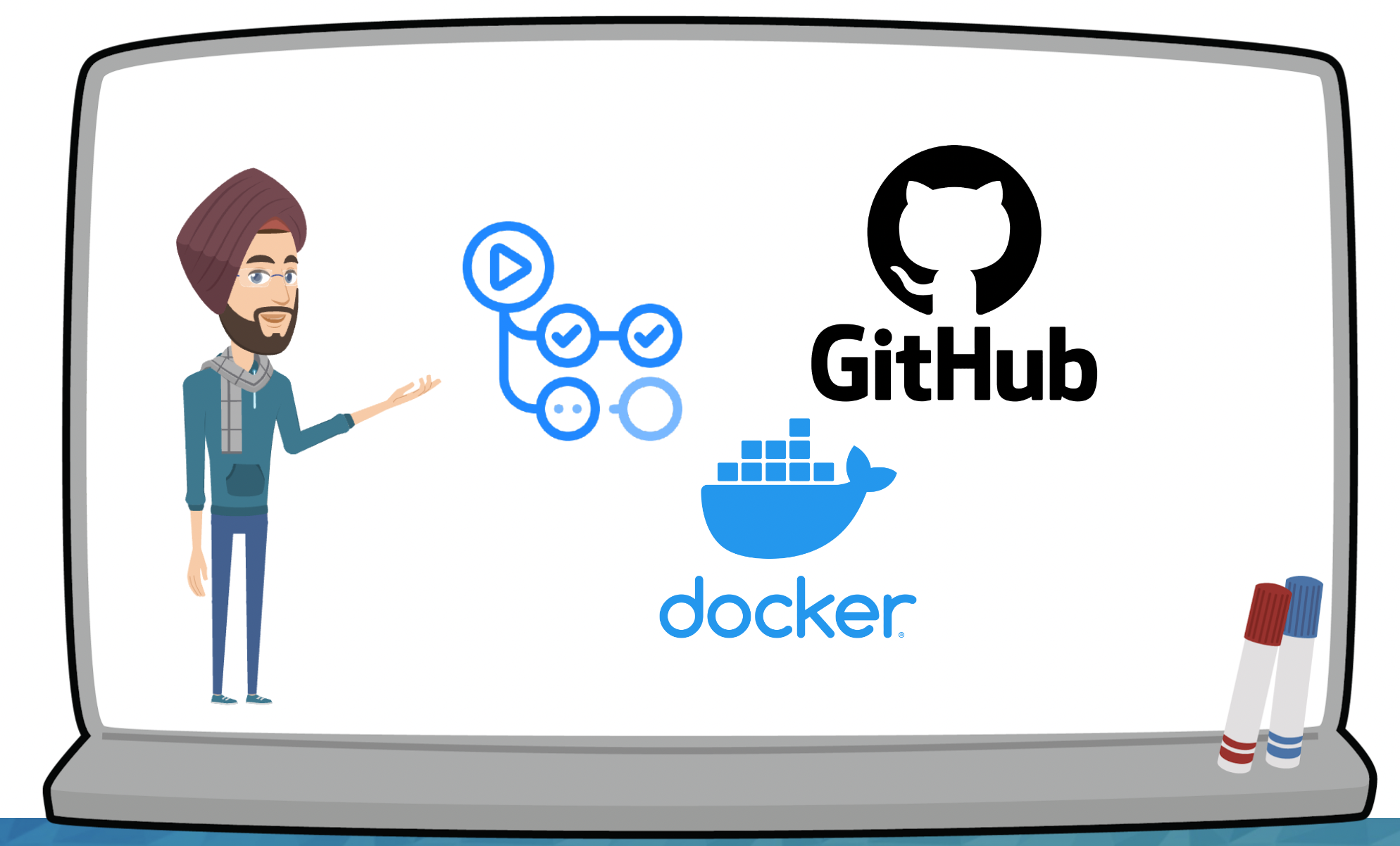In today’s world of distributed messaging systems, Apache Kafka and ActiveMQ have emerged as two prominent options. Each offers a unique set of features and caters to specific use cases, making it crucial to understand their differences to make informed decisions for your messaging needs. In this blog post, we’ll provide an in-depth comparison of Apache Kafka vs. ActiveMQ, complete with a comprehensive comparison table, external links for further exploration, and answers to frequently asked questions (FAQs).
Apache Kafka
Apache Kafka is an open-source distributed event streaming platform designed to handle high-throughput, fault-tolerant, and real-time data streaming. It has gained widespread adoption for use cases such as log aggregation, data pipelines, and real-time analytics. Kafka operates on a publish-subscribe model and is particularly well-suited for scenarios where you need to process large volumes of data in real-time or store and replay data streams.
Key Features of Apache Kafka:
- Publish-Subscribe Model: Kafka enables multiple producers to publish data to topics, which can be subscribed to by one or more consumers.
- Fault Tolerance: Kafka ensures data durability through replication and distribution across multiple brokers.
- Horizontal Scalability: Kafka scales horizontally, making it suitable for handling massive data workloads.
- Event Time Semantics: It supports event time processing, crucial for applications requiring the temporal order of events.
- Log-Based Storage: Kafka stores messages in an immutable log, ideal for audit trails and event replay.
http://informationarray.com/2023/10/04/apache-kafka-vs-confluent-kafka-making-the-right-choice-for-your-streaming-needs/
ActiveMQ
ActiveMQ, on the other hand, is an open-source message broker that implements the Java Message Service (JMS) API. It focuses on providing a reliable and highly performant messaging system and is often chosen for traditional enterprise messaging and integration scenarios.
Key Features of ActiveMQ:
- JMS Compatibility: ActiveMQ adheres to the JMS API standards, making it compatible with a wide range of JMS clients.
- Message Acknowledgment: It supports message acknowledgment, ensuring reliable message delivery.
- Queues and Topics: ActiveMQ offers both point-to-point (queues) and publish-subscribe (topics) messaging patterns.
- Clustering: ActiveMQ provides clustering capabilities for high availability and scalability.
- Plugin System: It allows for extensibility through various plugins.
http://informationarray.com/2023/09/16/microservices-vs-containers-deciphering-the-distinctions/
Apache Kafka vs. ActiveMQ: A Comparison
Let’s perform a detailed comparison of Apache Kafka and ActiveMQ across various aspects in the table below:
| Aspect | Apache Kafka | ActiveMQ |
|---|---|---|
| Use Case | Real-time data streaming, event sourcing, logs | Traditional enterprise messaging, integration |
| Message Model | Publish-Subscribe | JMS (Queues and Topics) |
| Message Retention | Long-term storage with logs | Configurable message retention |
| Scalability | Horizontally scalable | Horizontally and vertically scalable |
| Durability | High durability with logs | Message durability can be configured |
| Routing | Topics and partitions | Queues and topics |
| Message Acknowledgment | Configurable | Supported |
| Protocols | Kafka protocol, HTTP REST API | JMS, AMQP, MQTT, STOMP, OpenWire, WebSocket |
| Latency | Low latency, suitable for real-time processing | Low latency, suitable for messaging tasks |
| Learning Curve | Steeper due to event-driven nature | Familiar for Java developers |
External Links for Further Exploration
- Apache Kafka Official Website
- Apache Kafka Documentation
- Apache ActiveMQ Official Website
- Apache ActiveMQ Documentation
Frequently Asked Questions
1. When should I use Apache Kafka, and when should I use ActiveMQ?
- Use Apache Kafka when you need real-time data streaming, event sourcing, or durable long-term storage.
- Use ActiveMQ for traditional enterprise messaging, integration, and when adhering to the JMS standard is essential.
2. Is one better than the other?
- The choice depends on your specific use case. Both Apache Kafka and ActiveMQ have their strengths and are suitable for different scenarios.
3. Can I use Kafka and ActiveMQ together in a single system?
- Yes, you can use both in a hybrid architecture if needed. Kafka can handle real-time data streaming, while ActiveMQ manages traditional messaging tasks.
4. Which one is easier to set up and manage?
- ActiveMQ is often considered easier to set up and manage, especially for Java developers familiar with JMS.
5. Are there any cloud-managed services for Kafka and ActiveMQ?
- Yes, both Kafka and ActiveMQ have cloud-managed services available, such as Confluent Cloud for Kafka and Amazon MQ for ActiveMQ.
In conclusion, the choice between Apache Kafka and ActiveMQ depends on your specific use case, integration needs, and familiarity with messaging standards. Evaluate your project’s requirements and desired features to make an informed decision about which messaging system best suits your needs.










